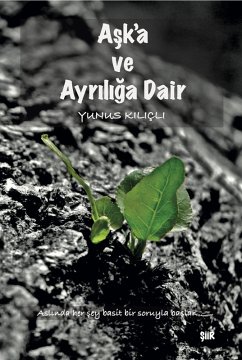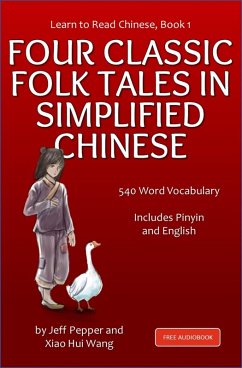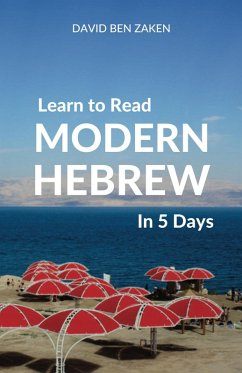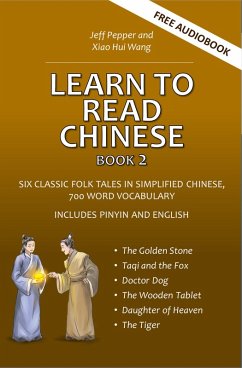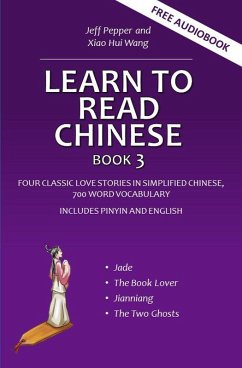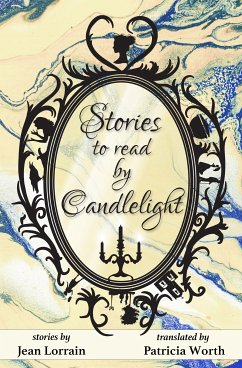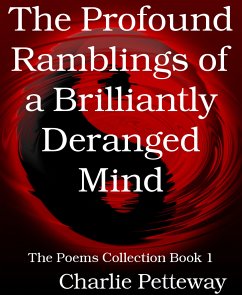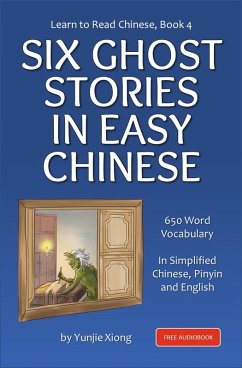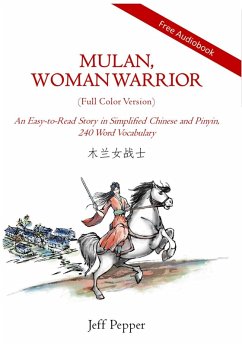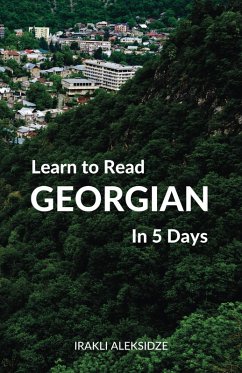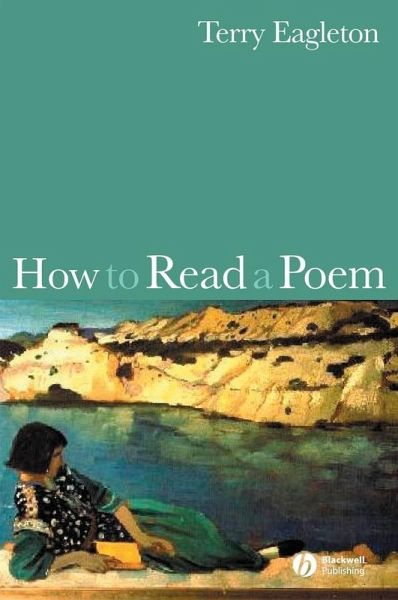
How to Read a Poem (eBook, ePUB)
Versandkostenfrei!
Sofort per Download lieferbar
20,99 €
inkl. MwSt.
Weitere Ausgaben:

PAYBACK Punkte
0 °P sammeln!
Lucid, entertaining and full of insight, How To Read A Poem is designed to banish the intimidation that too often attends the subject of poetry, and in doing so to bring it into the personal possession of the students and the general reader. * Offers a detailed examination of poetic form and its relation to content. * Takes a wide range of poems from the Renaissance to the present day and submits them to brilliantly illuminating closes analysis. * Discusses the work of major poets, including John Milton, Alexander Pope, John Keats, Christina Rossetti, Emily Dickinson, W.B. Yeats, Robert Frost,...
Lucid, entertaining and full of insight, How To Read A Poem is designed to banish the intimidation that too often attends the subject of poetry, and in doing so to bring it into the personal possession of the students and the general reader. * Offers a detailed examination of poetic form and its relation to content. * Takes a wide range of poems from the Renaissance to the present day and submits them to brilliantly illuminating closes analysis. * Discusses the work of major poets, including John Milton, Alexander Pope, John Keats, Christina Rossetti, Emily Dickinson, W.B. Yeats, Robert Frost, W.H.Auden, Seamus Heaney, Derek Mahon, and many more. * Includes a helpful glossary of poetic terms.
Dieser Download kann aus rechtlichen Gründen nur mit Rechnungsadresse in D ausgeliefert werden.




